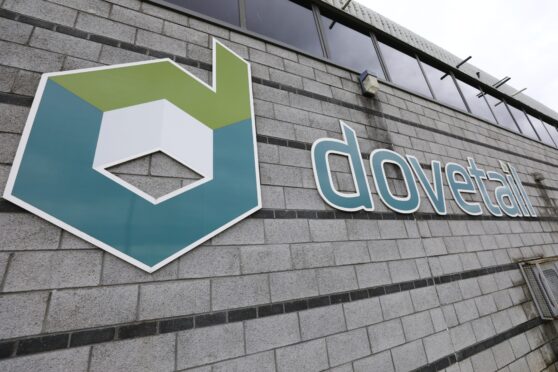Scottish private sector output remained unchanged in April, indicating a stabilisation in the economy.
Work backlogs have fallen, a signal that the economy of Scotland could be about to shrink later this year.
Workforce numbers fell at the fastest pace since November 2010, according to the latest Bank of Scotland survey into the state of the economy north of the Border, and input price inflation rose to a 26-month high.
The seasonally adjusted headline index measuring the monthly change in combined manufacturing and services output rose to 50.0 in April from 48.5 in March, ending two months of contraction.
New business intakes received by Scotland’s private sector stabilised during April.
Service providers reported a slight increase in volumes of new work, but manufacturers reported a contraction for the eighth consecutive month.
Outstanding business volumes fell further, signalling ongoing spare capacity in Scotland’s private sector during April.
Job losses were broad-based across goods producers and service sector companies, with several firms partly linking the fall to the downturn in the oil and gas industry.
Input price inflation was the sharpest for 26 months due mainly to higher average salaries.
Alasdair Gardner, Bank of Scotland regional managing director Scotland, said the stabilisation of business conditions in April was encouraging for Scotland’s private sector.
He added: “Firms still reported declines in their backlogs of work levels and employee numbers, suggesting that the economy could be poised to return into contraction territory in the near future.”










